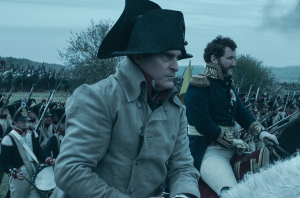Coming back from Camp Everytown
February 23, 2016
From February 3rd to the 6th, 17 sophomores and juniors and two staff members visited Camp Everytown. The camp helps students and other participants become more empathic towards others by giving insight on issues in society. Some topics and activities involved developing leadership skills and awareness for disabilities, gender stereotypes, gender roles, cultural stereotypes, and self identity.
Last year, students went to Camp Everytown for the first time in around eight years. Health and physical education teacher Laurie Hudelson worked together with principal Di Yim to restart the program and obtain the funds to go to the camp. The trips originally started under Matt Biggar as his previous school, Palo Alto High School, had also participated in it. Camp Everytown continued regularly for three years before Chris Holleran took over.
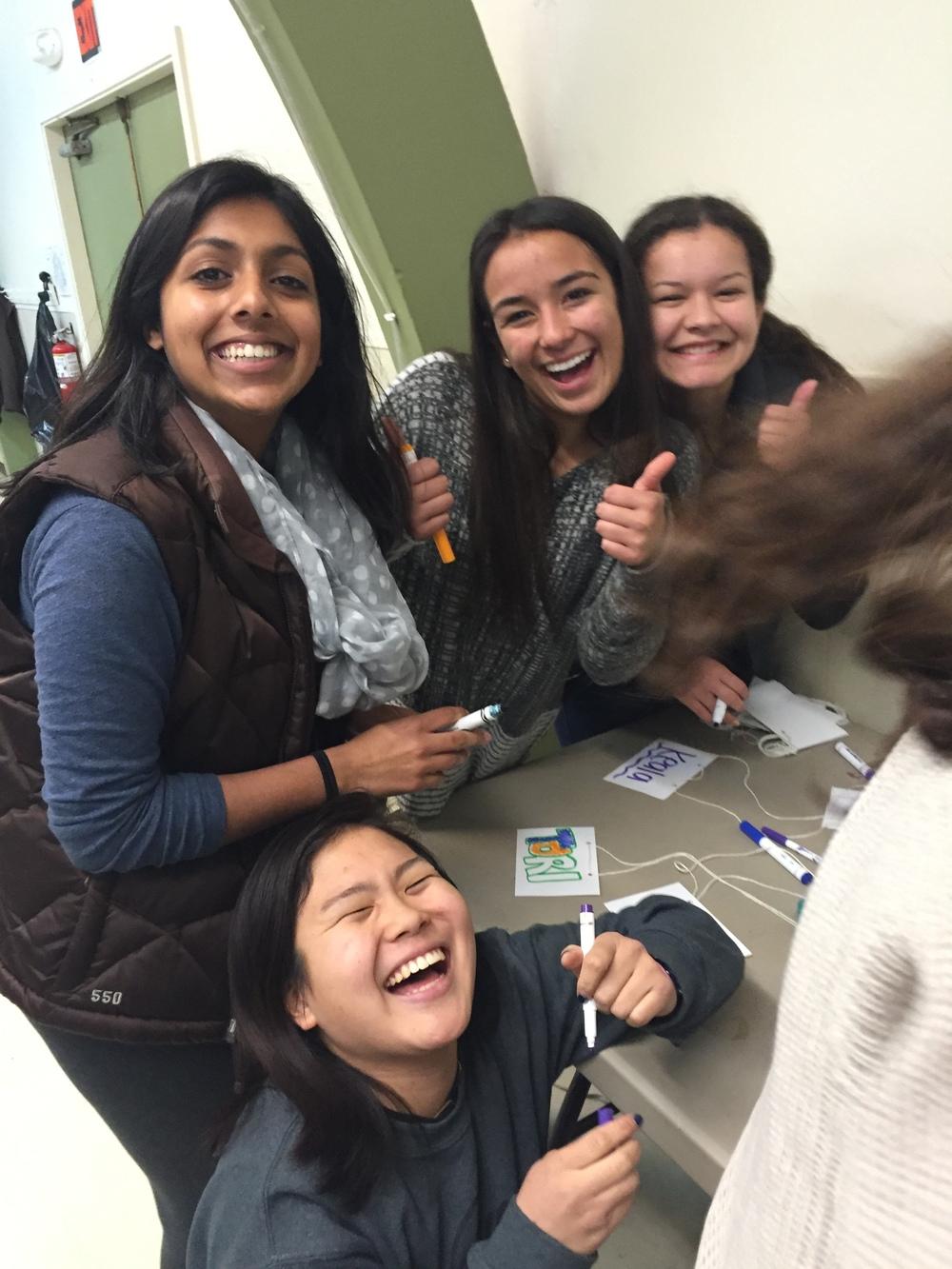
In past years as well as last year, the trips to Camp Everytown only involved Burlingame High School students, but this year the camp included three other schools. Students from Burlingame interacted with people from Cupertino High School in Cupertino, Overfelt High School in San Jose, and Silver Creek High School, which is also in San Jose.
For Hudelson, who has gone to Camp Everytown four times, this year was also the first time the group was so small. Previous years had around 80 students and last year’s had 27.
Hudelson also stated that there were more than 80 nominations of students, but they ended with the group that they did because students kept refusing. Farley speculated that “many students feel that they can’t take the time away from school. They’re missing a lot of activities and work and they don’t want to get behind.”
While there were less Burlingame students and they had to make up work, the students and staff felt that they the trip was worth it because there were people from different backgrounds and because they experienced things that they had not before.
The assembly of these various communities gave the students and staff more perspective on other people. Sophomore Christian Yoder said that “Burlingame was probably the most privileged school there. This experience gave me a chance to pretty much look through the lenses of people who have a different like financial opportunities and a few of them even grew up with gang violence and that’s just not really something that happens here in Burlingame.”
For English teacher Amy Farley, the camp brought out positive results. She expressed that “It’s incredible to see how there are a lot of students who came from other schools seem so burdened by what they had with going around in their life. They started out camp so kinda reserved and closed off and by the end, see them really joyful and free and happy. I think being in a space where they could be vulnerable and supported but also be away from some of the really intense burdens of day to day, was also incredible.”
Farley also stated that “one of the best things [about the camp] is the way that it puts you in vulnerable situations but also helps build you up to think about how those experiences and that vulnerability is a strength rather than something scary and terrifying that we sometimes feel it is.
Likewise, Sophomore David Tarazi said that he became closer to the other students. While he knew a few of the ones going, “[he] usually didn’t talk to some people. But by the end, there was a lot of bonding and [he] felt that [he] could share anything with them and there would be no judgement. “
When people went to Camp Everytown last year, they did not know what to expect and what they were going to do. This year, Yoder and Hudelson talk about some of the activities that they participated in.
Yoder described one of the ways they developed insight on different types of backgrounds was to physically act out scenarios. “[We did] this one activity where we walked into a room where there were various stands, one for the bank, the gym, the judicial system, careers, and housing. We were given cards that said either A, B, C, D, or E. What that did was that it signified where we were standing in society, and also how our race might’ve impacted us. I was given Card B. I am also a white male, so I was treated with a lot of respect at every stand I went to, but I witnessed some of the people who were mistreated to demonstrate how stereotyping could be bad. They were denied loans from the bank, but I was accepted everywhere I went. That helped me realize that there was such a thing as racial stereotyping. After the activity, we learned about the Invisible Bag, or Backpack, of Privilege. What it signifies is that people who have privilege don’t understand what they have better than everyone else. For example, if you’re white, you’re not stopped by the cops than if you were a black man in certain areas.”
On the topic of gender, Hudelson said that “In order to understand [gender] fully and the stereotypes that occur in society, we segregate women into one room and guys into another room. They are led through this process of identifying any stereotypes they heard about their own gender, for example, when women were isolated, among themselves they came up with words they’ve heard in the media or in public about women. And then they do the same thing with men.” Later, when they confer about the information, the students see the different perspectives and gain insight on how it affects their own life.
Tarazi said that the students from Burlingame applied what they talked and learned about in the camp to Burlingame High School.
“We recognized that one of the main problems at our school was that there was a lack of community here and designed solutions to fix this problem. We said that we should have more school wide events that include everyone, like a school wide volunteering event, or a picnic on the front lawn — things like that where everyone at school could be involved. “
Whether Camp Everytown will continue next year remains to be seen as it will be up to the incoming administration, principal, and whether Burlingame High School will be able to get the funds for the trip. The teachers and students who went to Camp Everytown hope that the program will continue for years to come as it changed their lives and will help Burlingame become a closer community.


![WASC looks for more than the basic California State standards. According to chairperson Mike Woo, “As new rules and new concerns come up through society, [WASC] look[s] is the school doing something about that. Like the biggest trend post-COVID is mental wellness. So is your school doing something to address the mental health of the students? Along with are they still doing the proper academics?”](https://theburlingameb.org/wp-content/uploads/2024/03/IMG_3401-1200x1200.png)
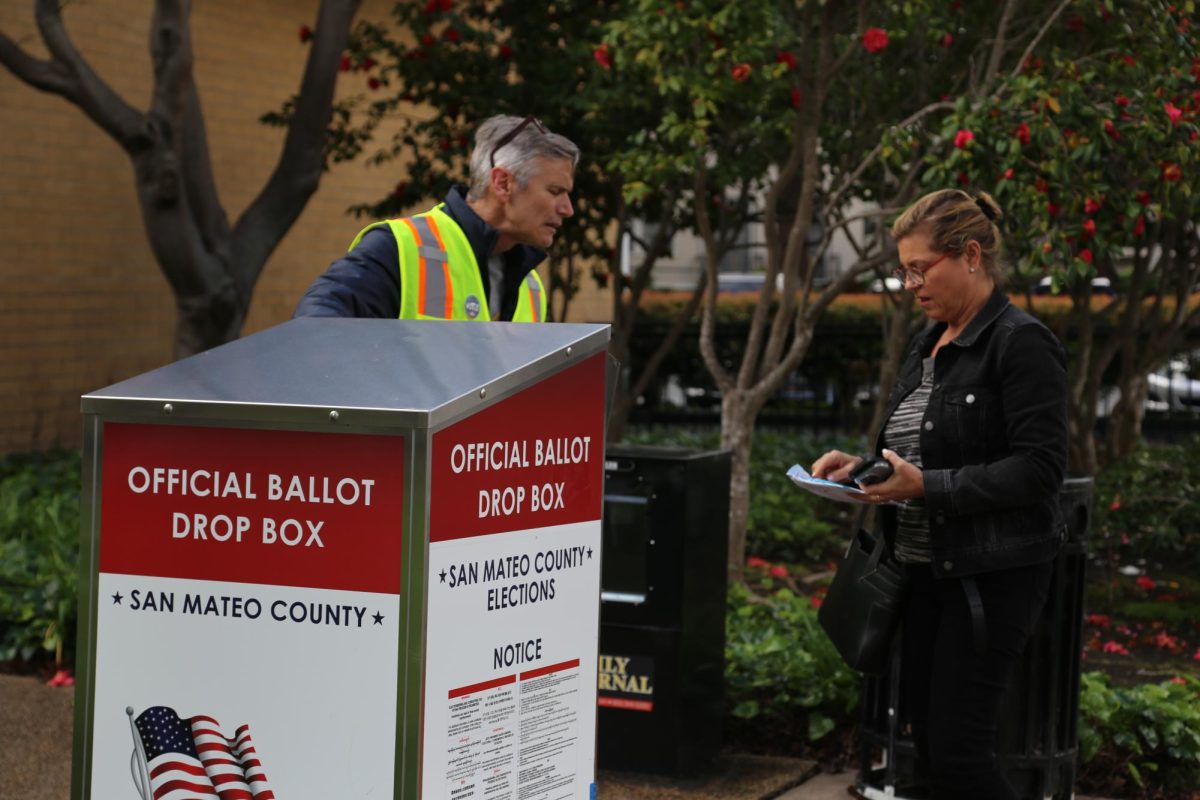



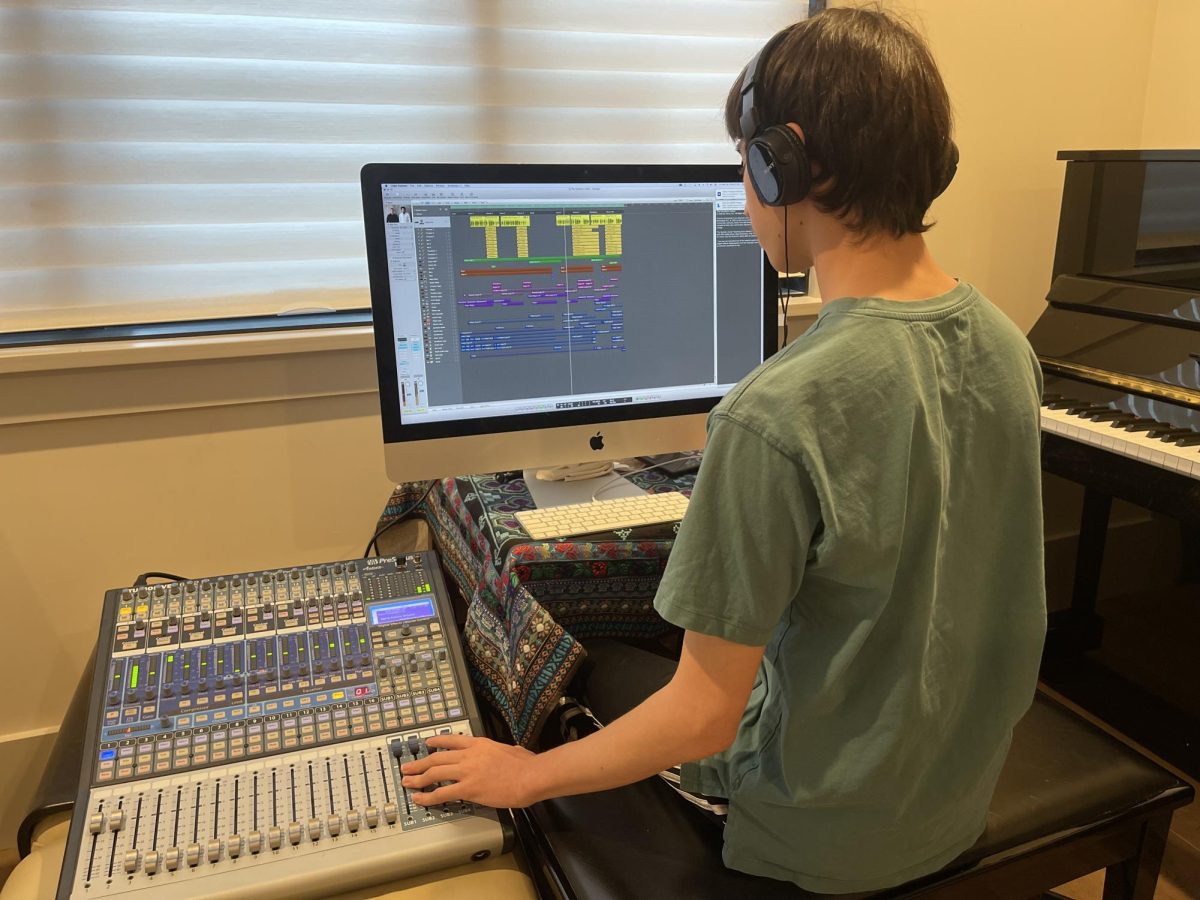
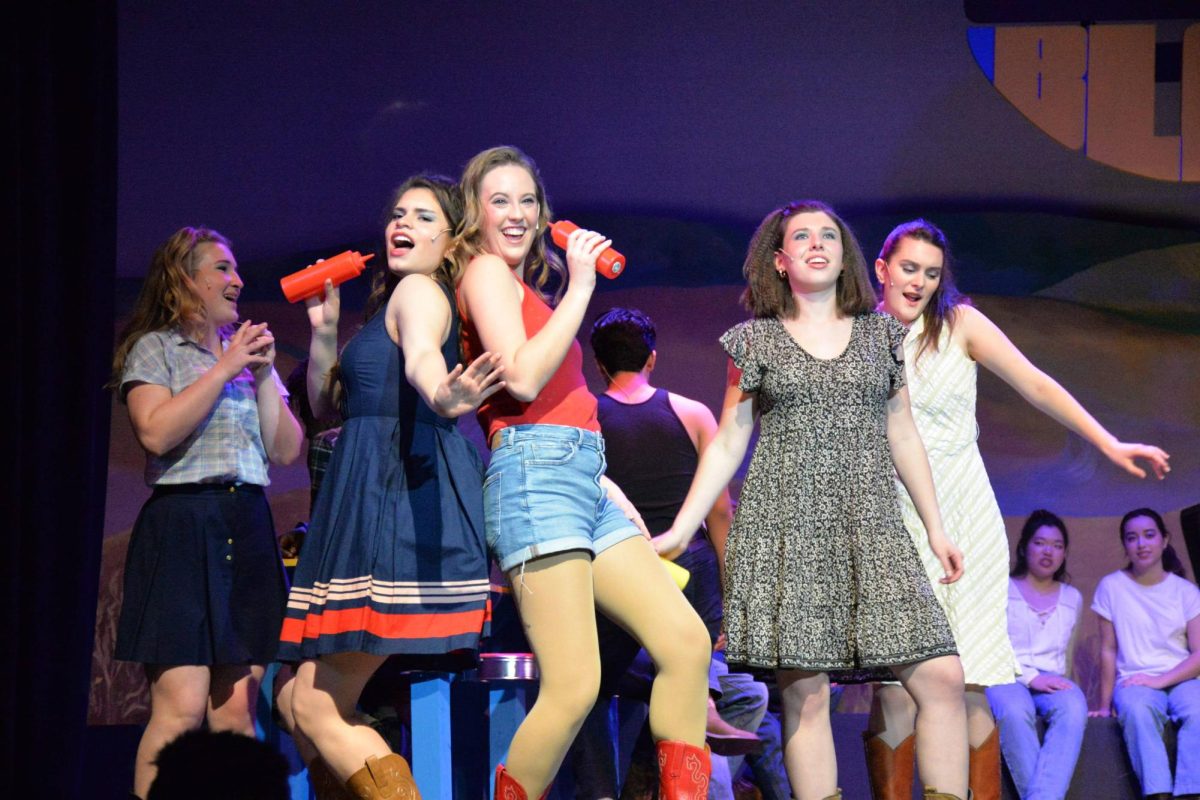
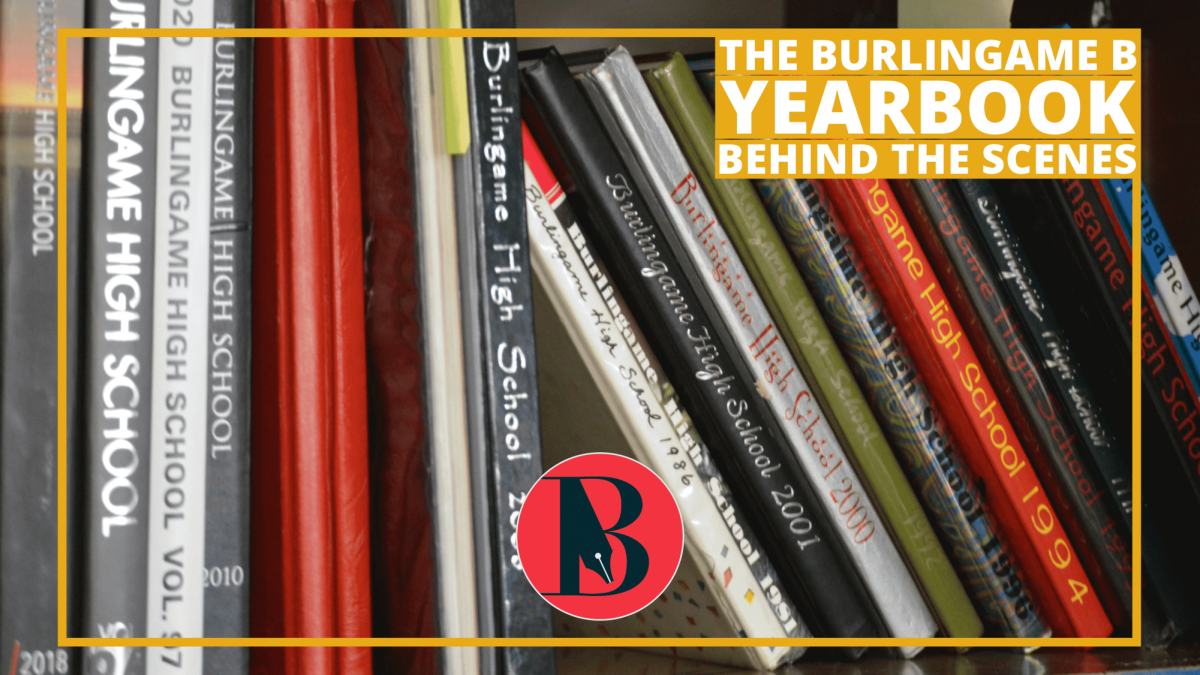
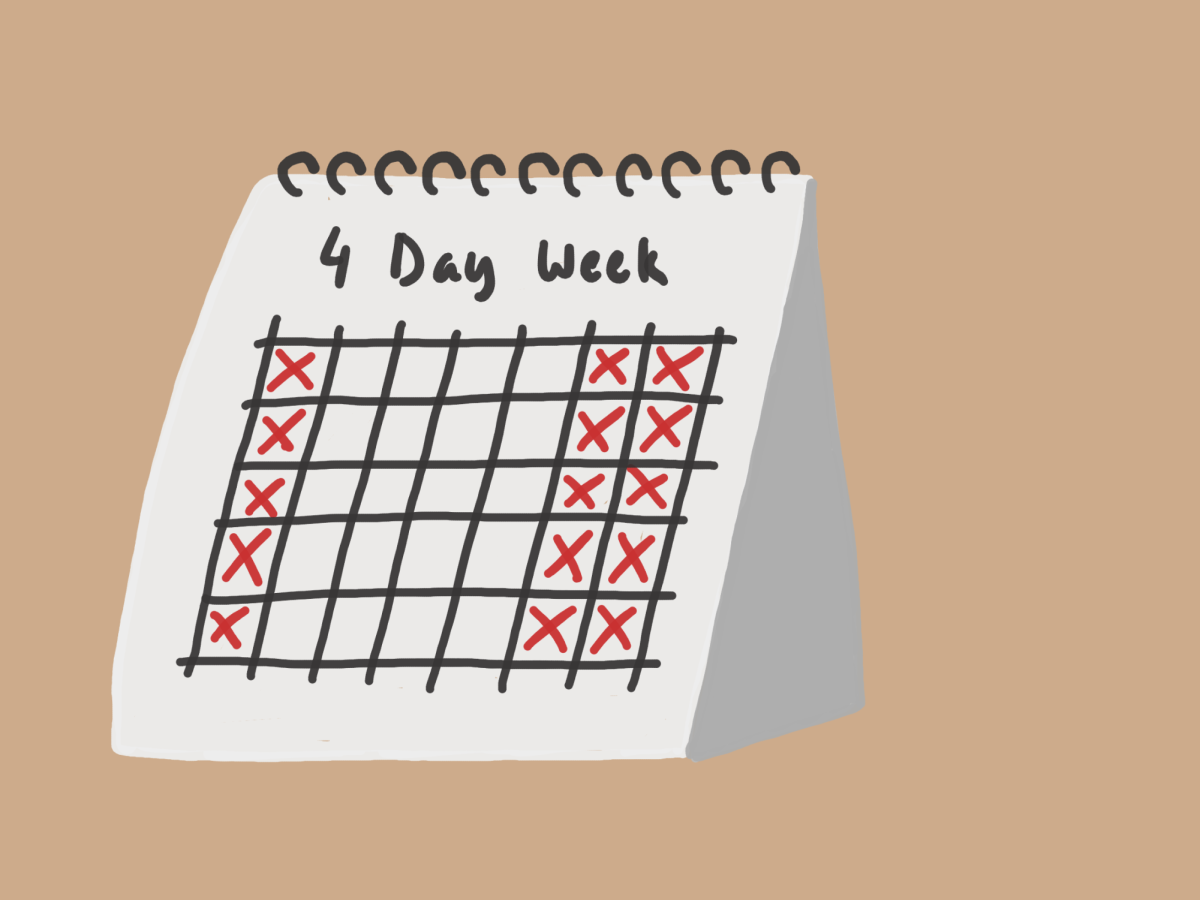


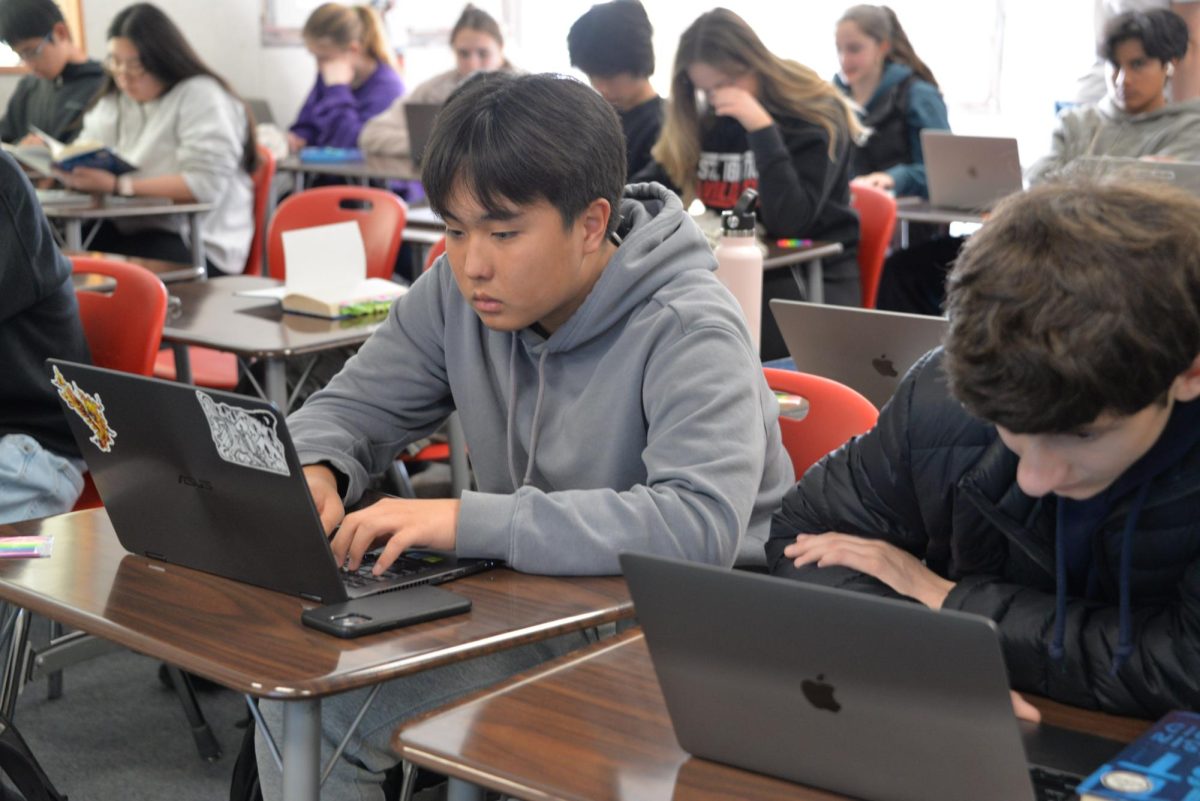
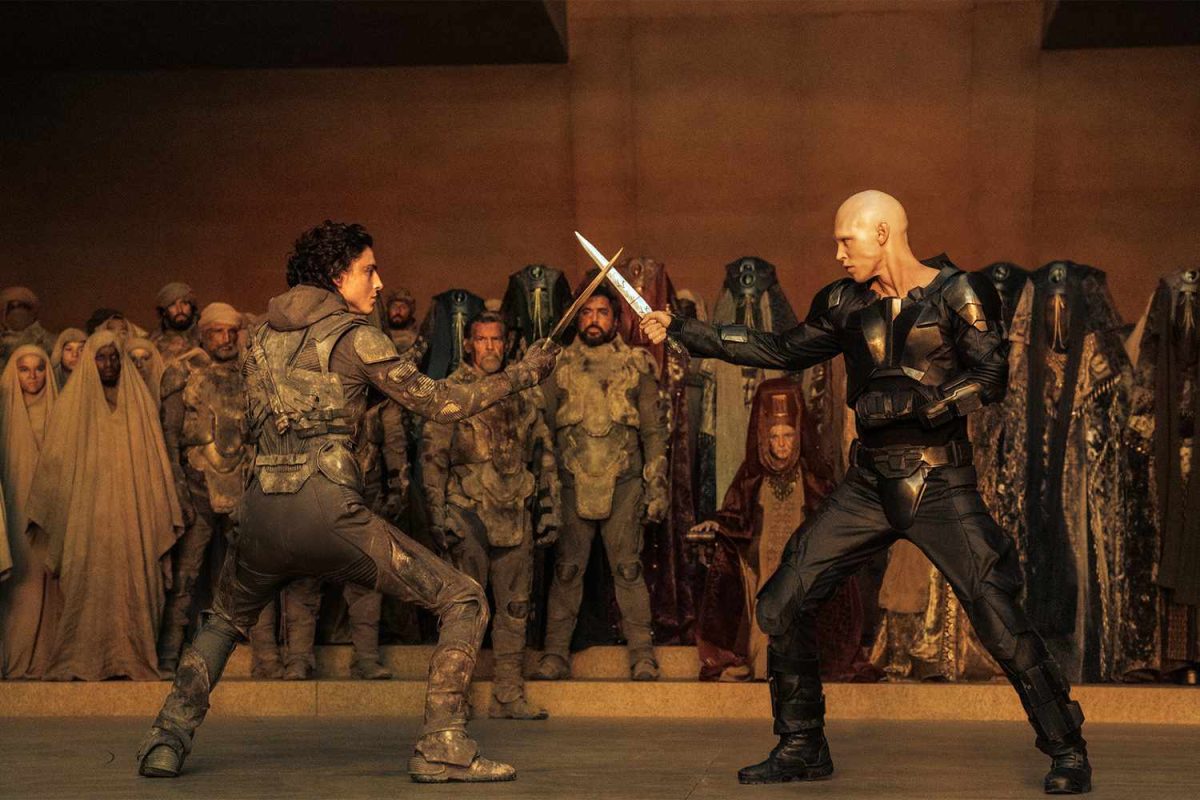
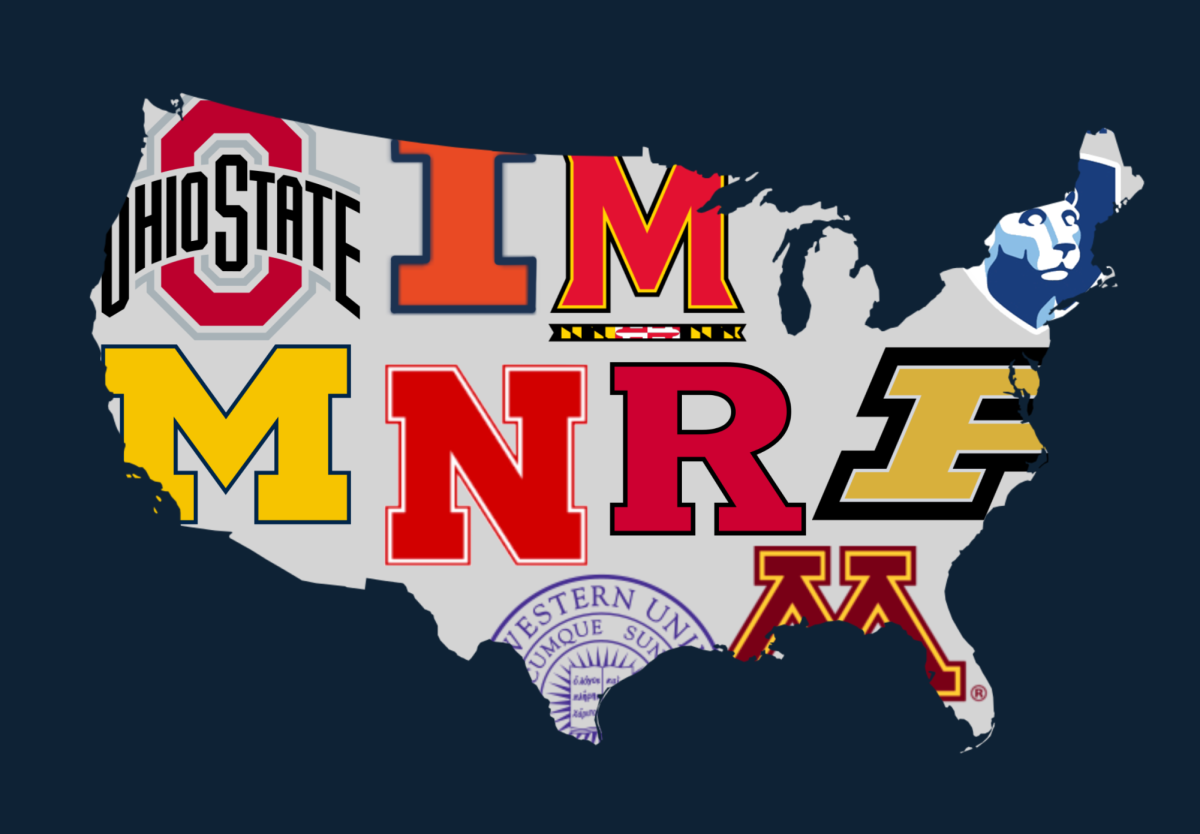

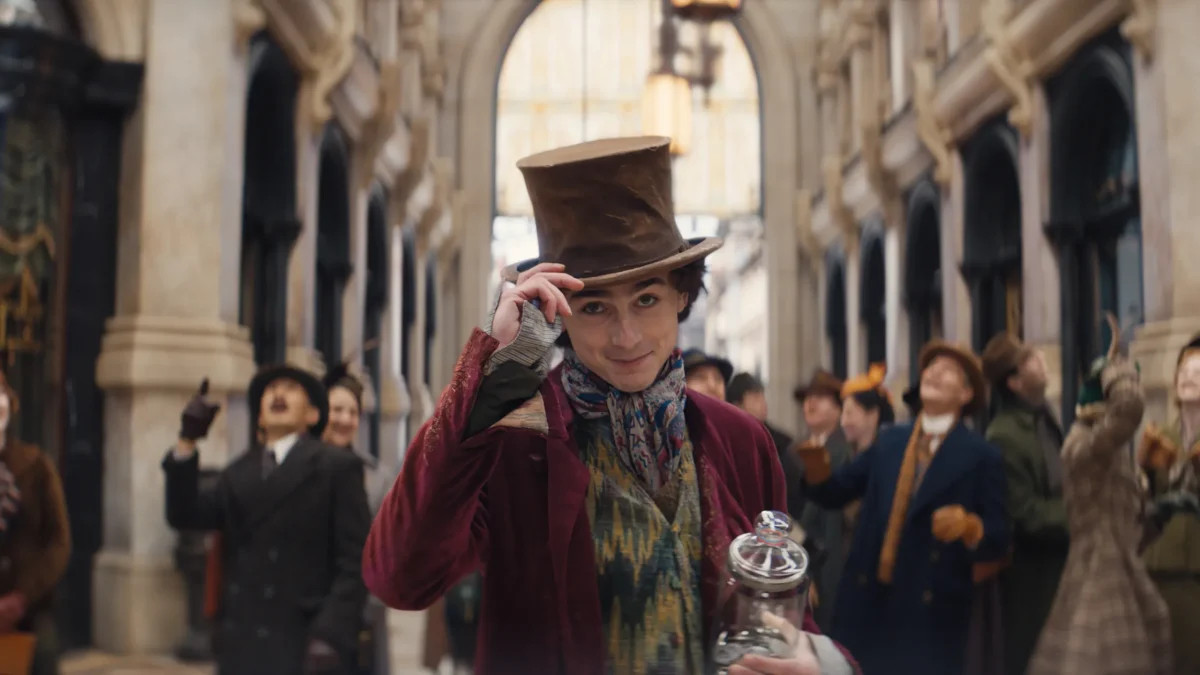

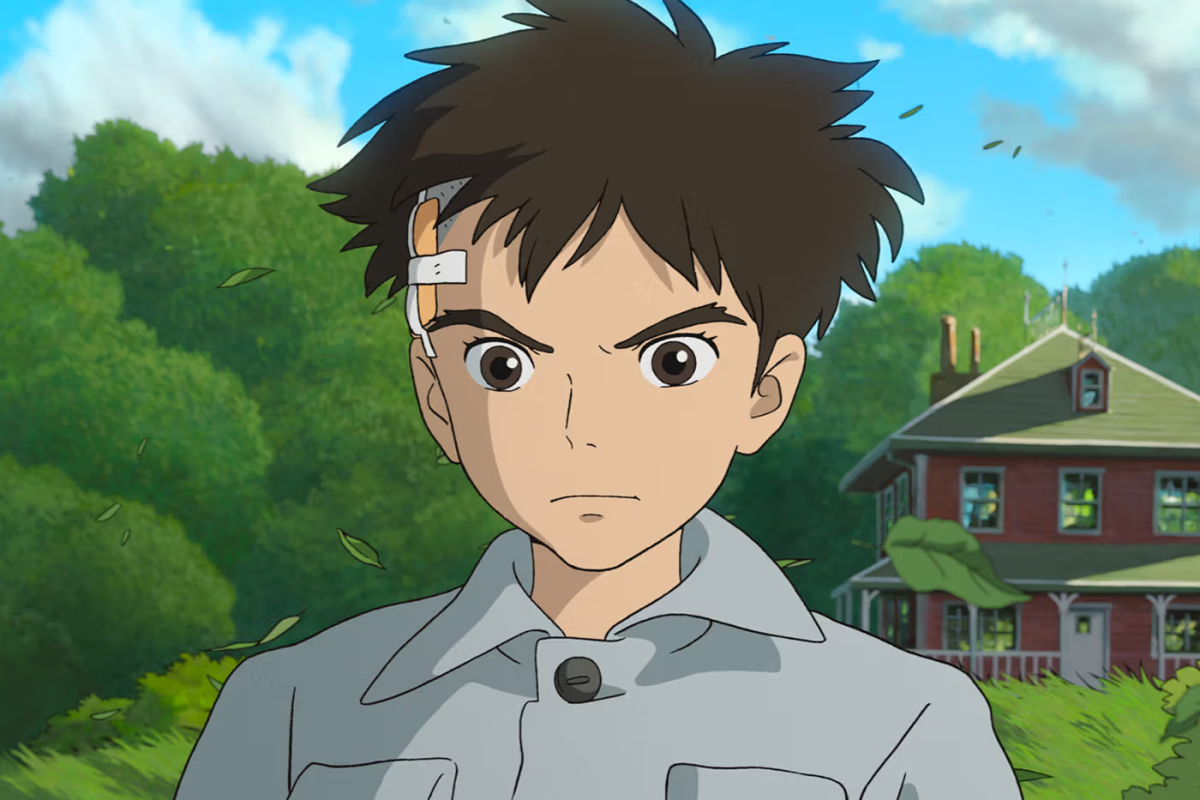
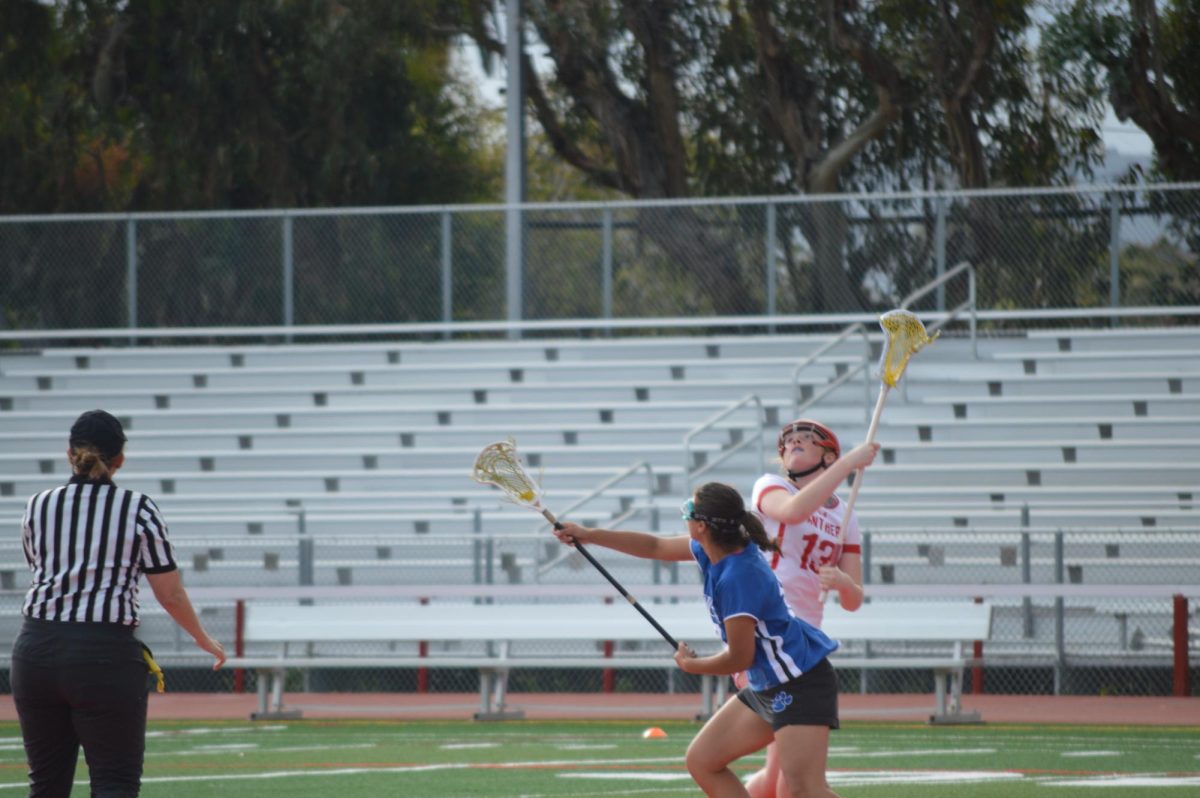
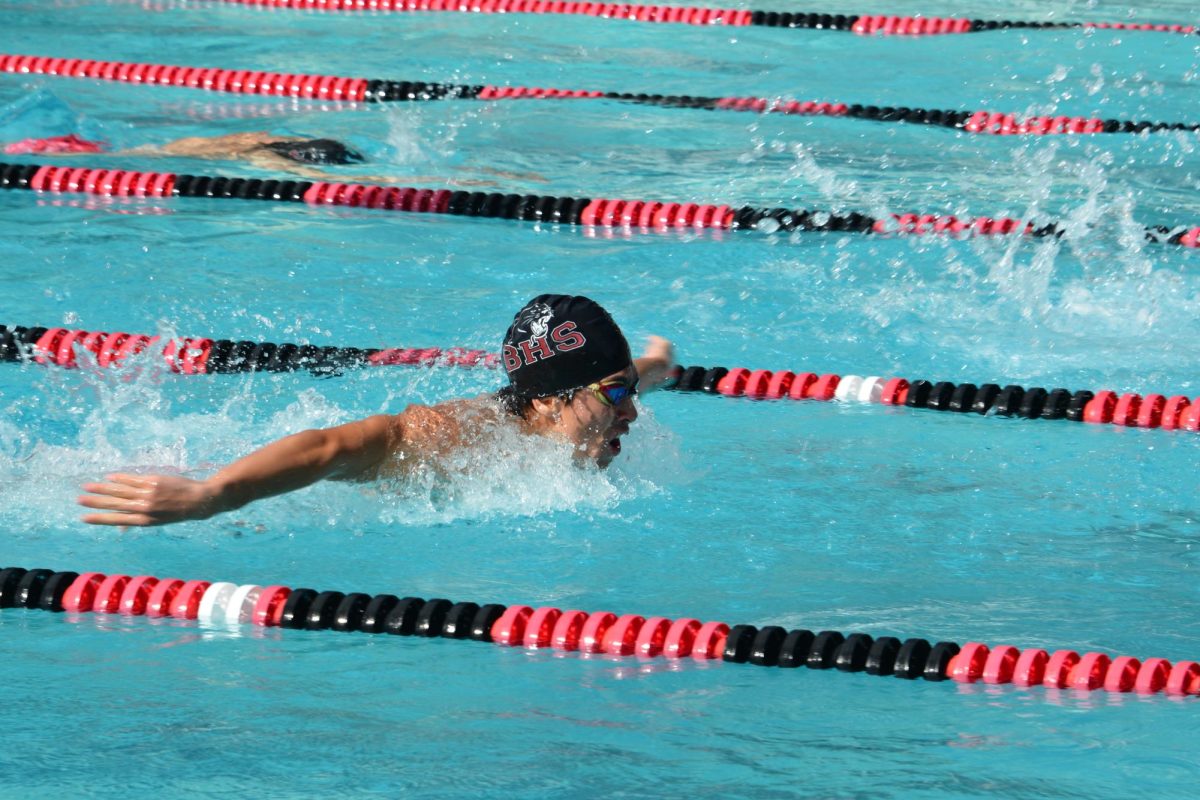
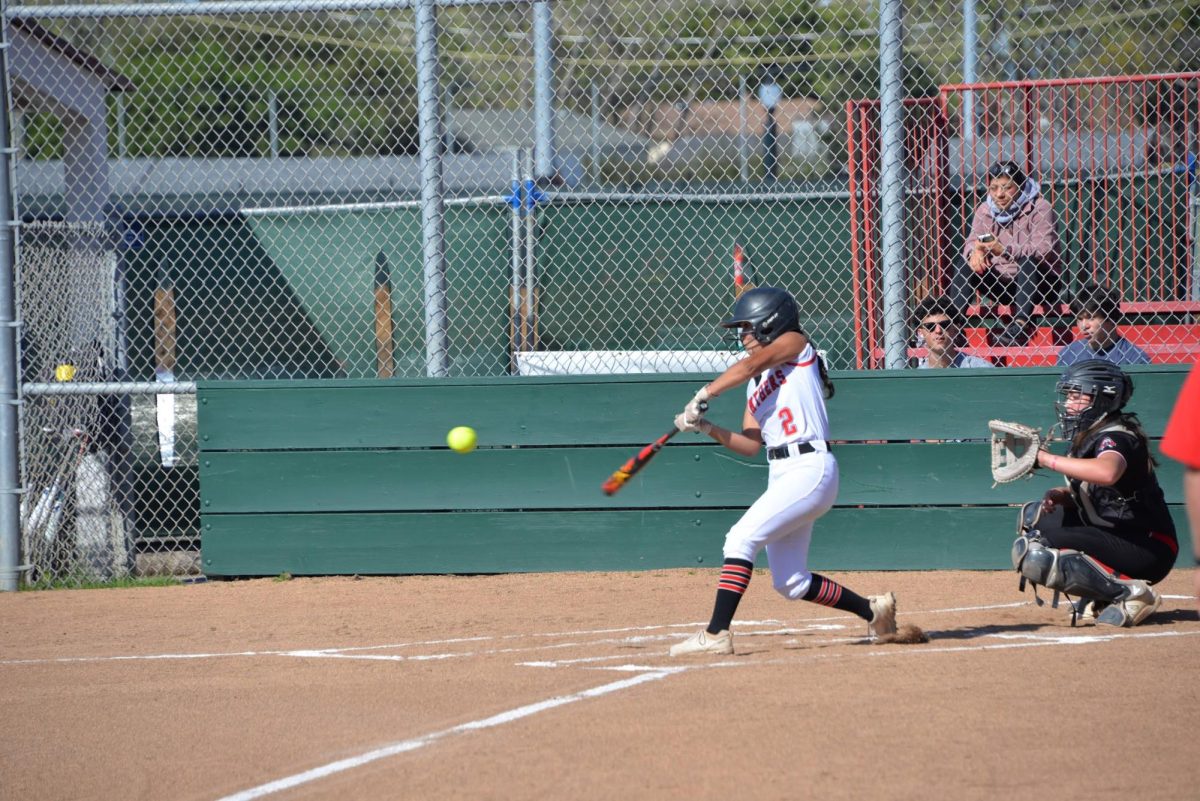
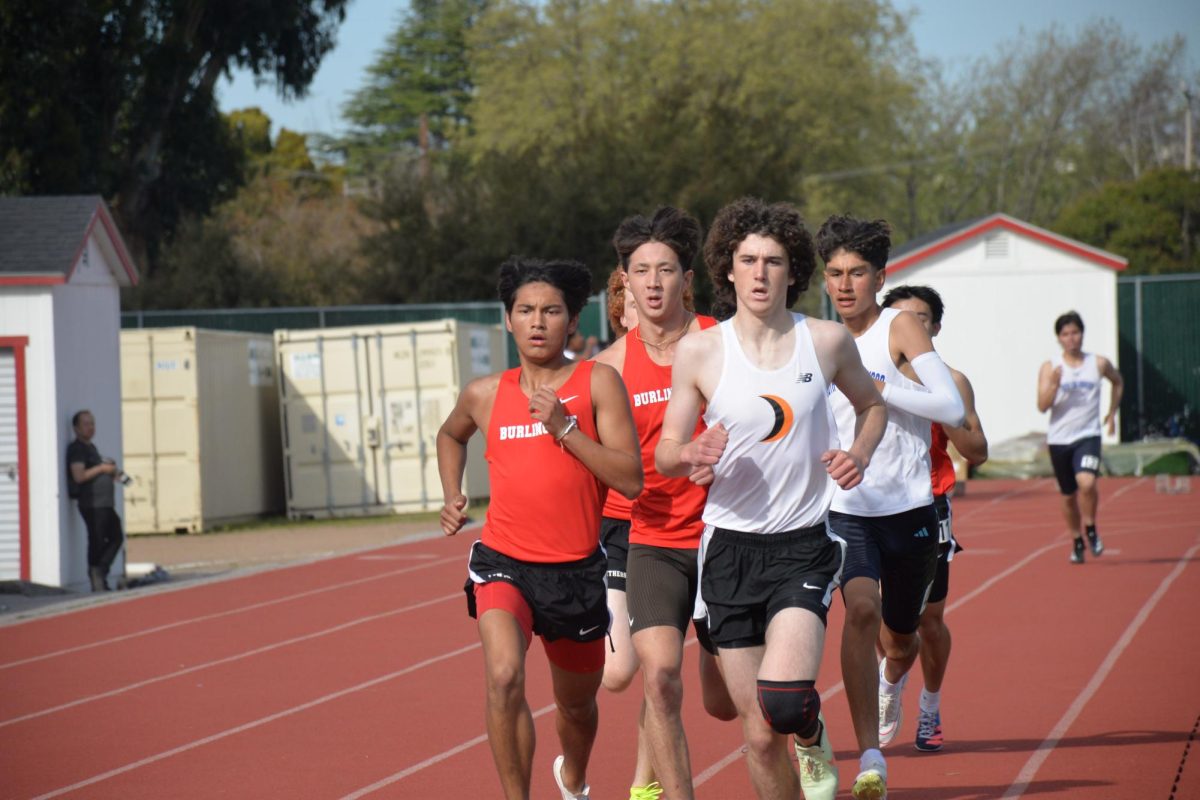
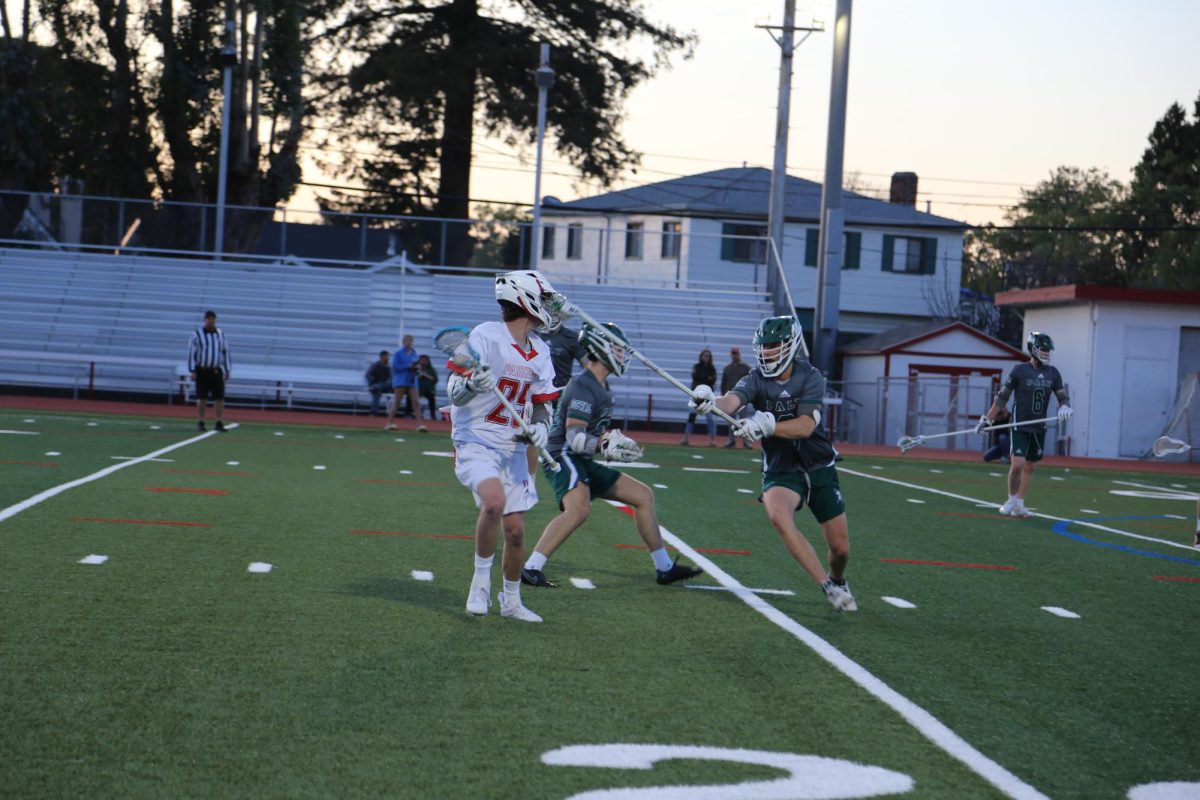
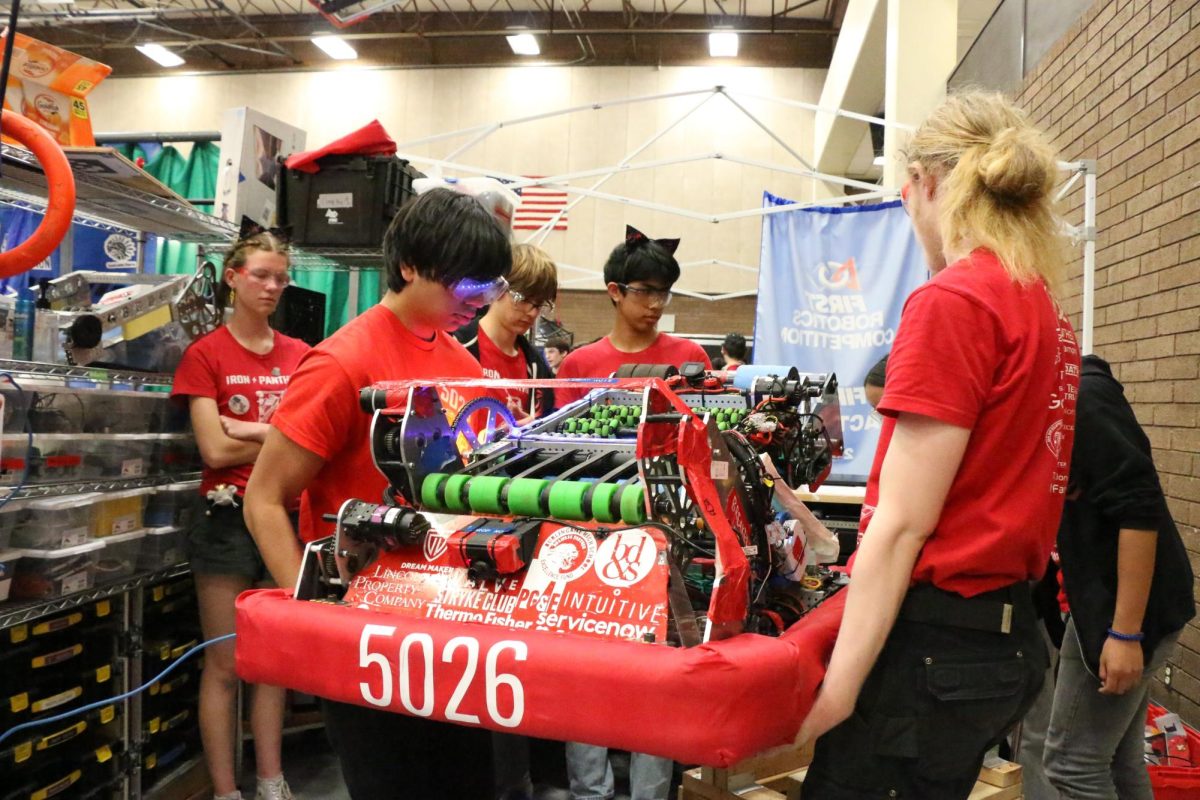
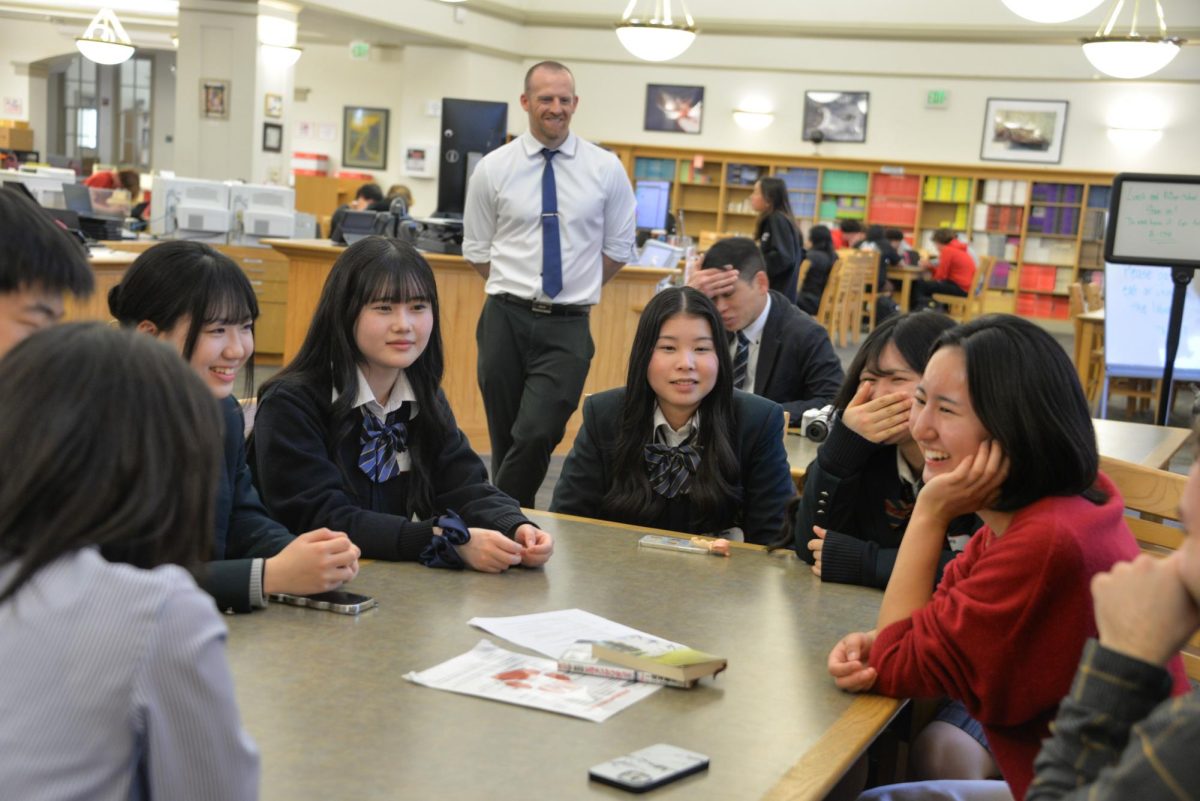
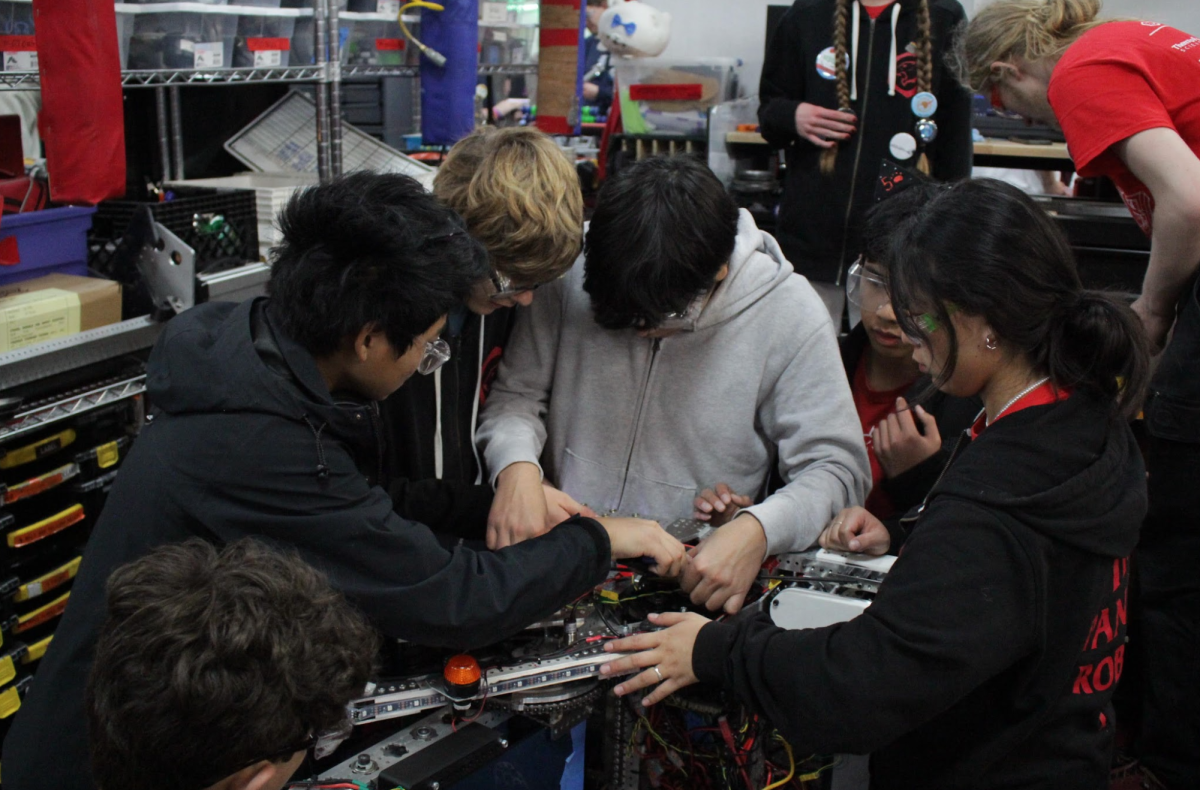
![“For me personally, I want [others] to see the music program as a strong union because we can really bring out the life of our school,” Vega said. “We need music, you know? Otherwise, things would be really silent and dead.”](https://theburlingameb.org/wp-content/uploads/2024/03/unnamed-1200x801.jpeg)



